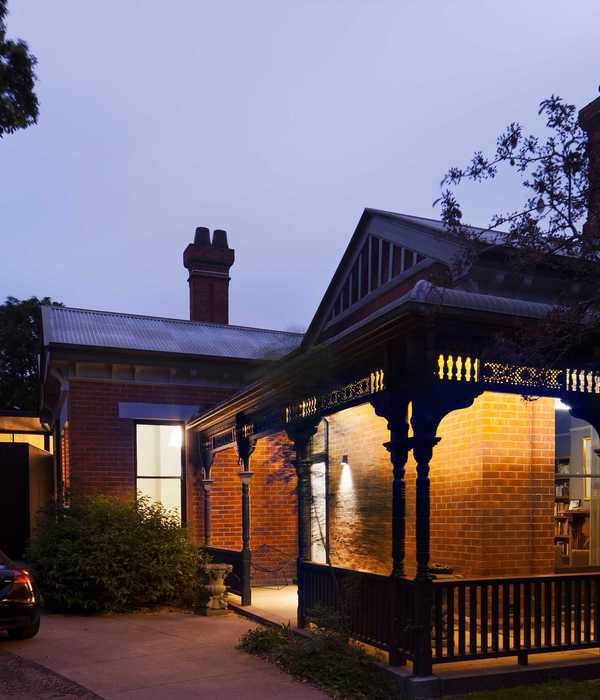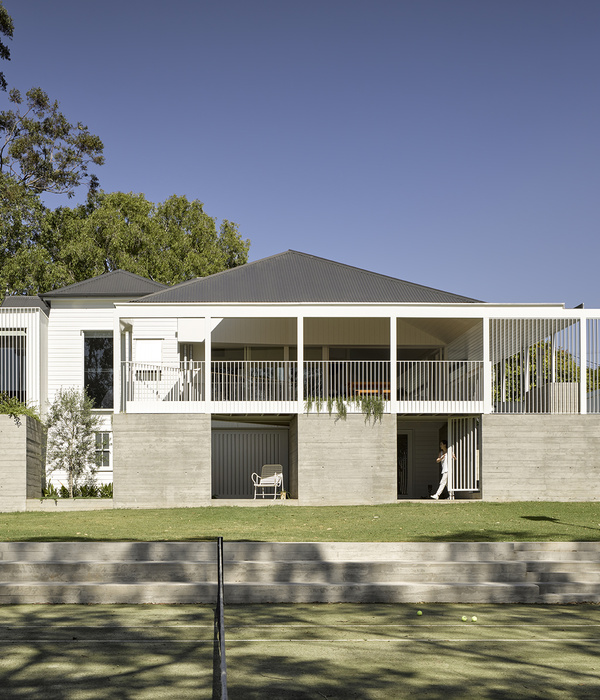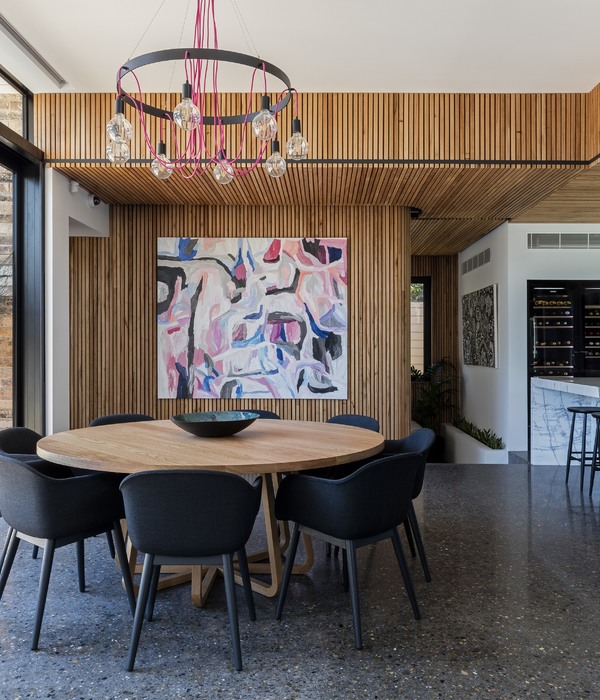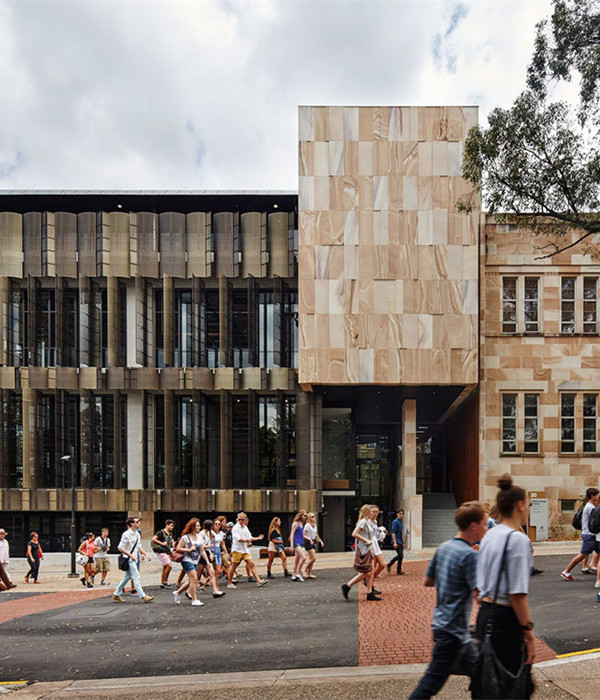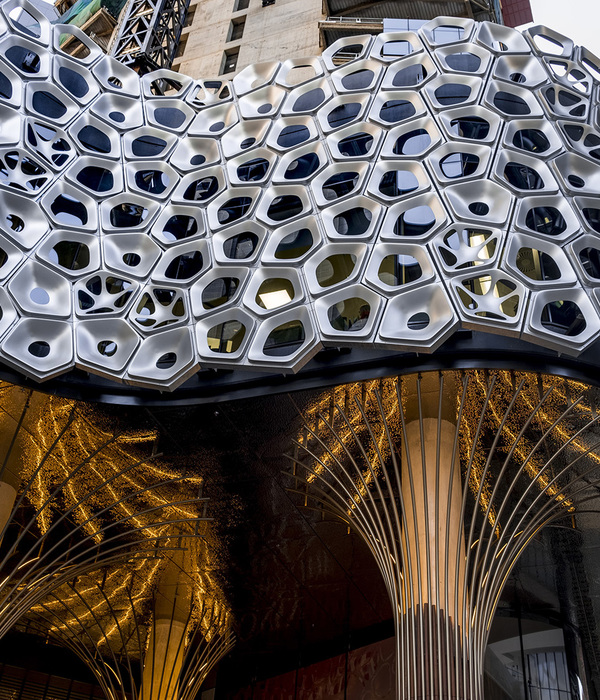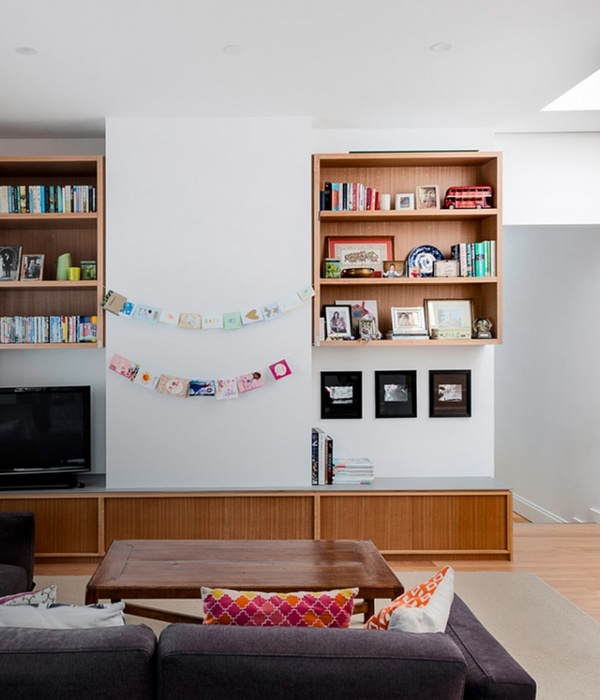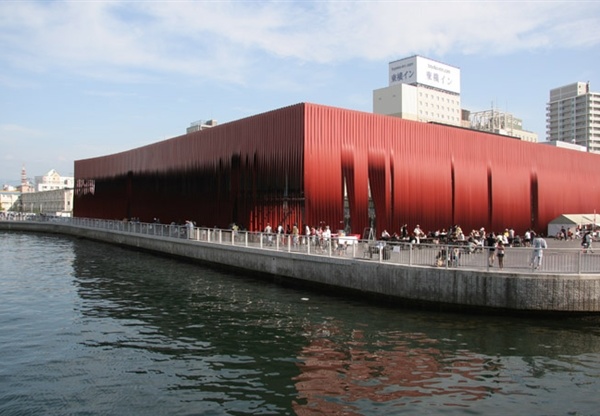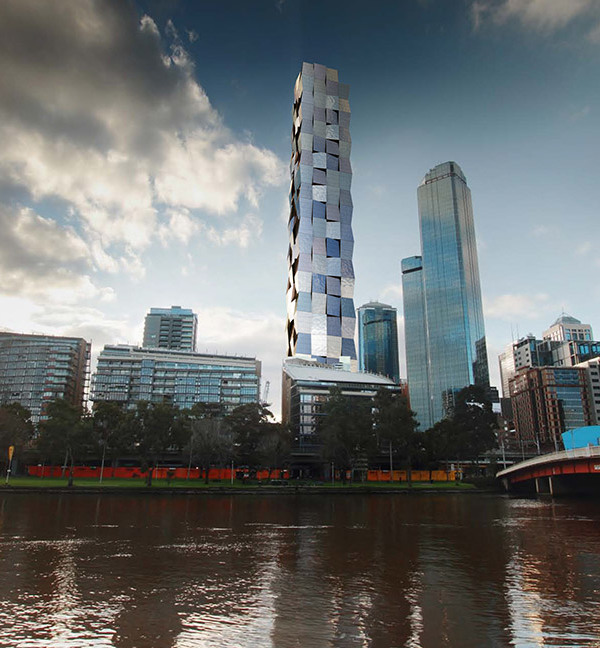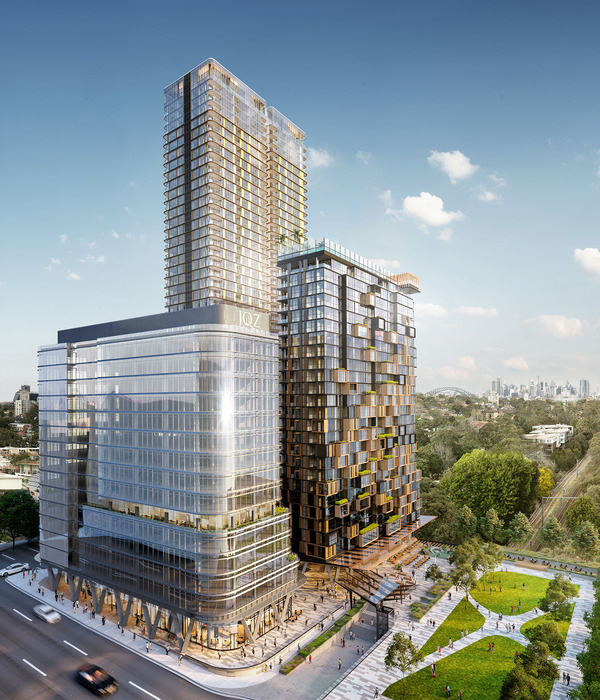Elipses are an unusual shape. Not quite as pure as a circle, they retain a sense of softness. Derived from the Latin word ovum, which means egg, oval shapes used in architecture often represent rebirth and longevity; I often relate them to evolution. When looking at Poot Architectuur’s Mozart project, it wasn’t the bold use of colour or the artfully balanced contemporary addition against significant heritage features that stood out to me. Rather, I was drawn to their use of ovals.
Mozart is a Poot Architectuur’s rebirth of a rather grandeur 19th century townhouse in the heart of Antwerp, Belgium. This four-storey home laced with strong heritage bones was given a second life through a series of deliberate, and fairly daring, interventions.
Poot Architectuur’s bold approach towards placing contemporary architecture within heritage fabric would have to be one of the main reasons this practice continues to keep me on the edge of my seat. In this home, they pierce large elliptical openings into the heritage ceilings, funnelling light into otherwise dark and traditional living spaces. But what is interesting here are the details left over. Painting the ceiling emerald green, the profiles of sliced heritage cornices give us a view of traditional domestic details that our eyes are not familiar with.
Similarly, contemporary architecture has also gotten us quite used to seeing exposed structural steel featured as interior elements within a home. While Poot Architectuur scatter emerald green steel columns across their floorplans, the home’s biggest wow-moment pivots off a cheeky pair of two columns. A hovering duck egg blue benchtop again embraces the eclipse gesture and sits within an otherwise traditionally set out kitchen; it’s a feature that requires a second take!
Upon first glance, it appears to be a simple surface, but when you spot the sink and tap, we can’t help but look for the cabinets underneath that hide all the pipe work, and everything else that typically comes with a standard kitchen island—the dishwasher and the messy cupboard where many of us hide cleaning supplies. It stands instead as a simple ellipse—floating, crisp and contemporary.
While much of the renovation is housed within the existing four storeys of the home, Poot Architectuur’s humble double-storey addition attaches itself to the home’s rear brick facade as a pearly white jewel. Architect, Sarah Poot, notes that it allowed the practice to “extend the grandeur of the main house into the new extension. The height versus the surface area is unusual”, she notes, while also recognising that its “what makes the project special”.
Carefully considering light and sight lines, the resulting faceted form seems almost as if it was carefully carved out of one block. When speaking of the customised facade panels, Sarah notes that it was one of the aspects of the projects that they were most proud of.
A historically significant home such as this four-storey townhouse is one that could have been renovated in many ways. Poot Architectuur’s interventions can be described as both sensitive and bold—perhaps the perfect balance. “The clients were a couple we have known for a very long time,” says Sarah, as she shares how they “received the full trust of the client to implement [their] proposal without compromise”—and it shows in the various contemporary gestures carried out throughout the otherwise traditional home.
[Images courtesy of Poot Architectuur. Photography by Stijn Bollaert.]
{{item.text_origin}}


